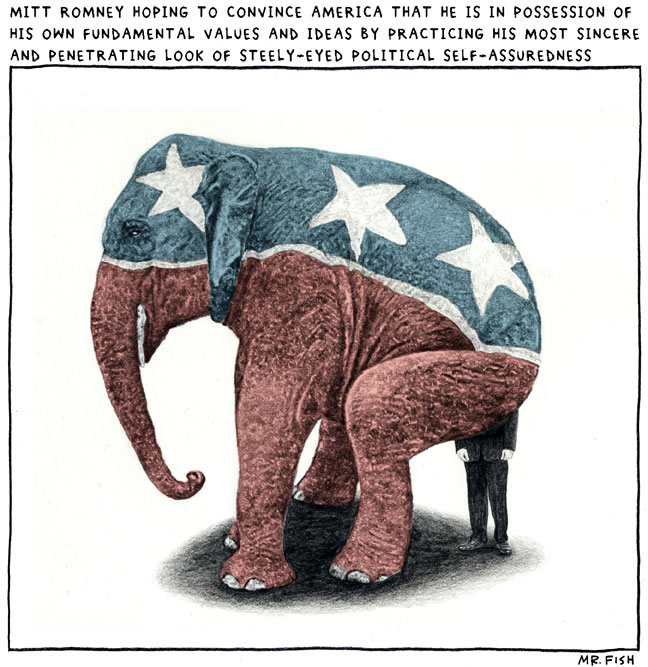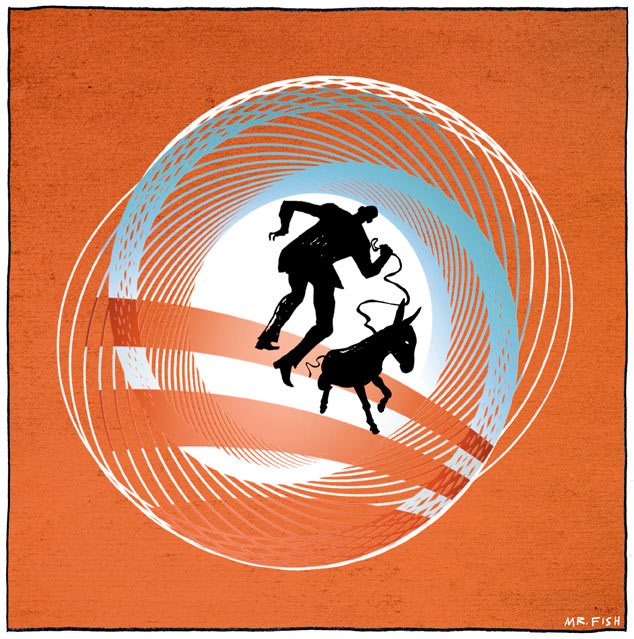n2doc
n2doc's JournalA Game-Changer in the Search for Alien Life: “All stars have planets”
Astronomers working with the Kepler spacecraft have announced new evidence suggesting that there are far more potentially habitable planets in our galaxy than we had believed. And just as surprisingly, these planets emerged much longer ago than expected — a revelation that could have profound implications in the search for extraterrestrial intelligence.
What does it mean? We talked to the head of SETI, who explained why this news changes everything.
The researchers came to this conclusion by studying the way that planets are formed. Conventional thinking suggests that no planets can form until the requisite raw materials are present — something that can't happen until stars pour considerable amounts of silicon and oxygen into the Universe. These elements form the basic building blocks of rocks, which in turn are the stuff that planets are made out of.
more
http://io9.com/5918518/a-game+changer-for-the-search-for-alien-life-all-stars-have-planets?tag=space
A life lived in fear leads to a less-productive death
You remember the nutrient cycle from high school? How organic matter breaks down and spreads throughout the ecosphere? Now it looks like the role of animals in this cycle may be larger than previously thought, and far more direct.
When the herbivorous grasshopper Melanoplus femurrubrum is under the stress of being in the presence of predator spiders, it does more than just freak out and escape. It undergoes major metabolic and chemical changes — and after the grasshopper dies, these alterations have a major influence on the surrounding soil.
In a new study, Israeli researchers raised one group of grasshoppers stress-free, and another exposed to simulated predator spiders. Once they were dead, the two different groups biodegraded at the same rate — but had significantly different effects on the biosphere around them.
Through laser analysis of the conversion from organic carbon to inorganic carbon in the decomposition of dead plant material, they found that the stressed-out insects notably slowed the rate in the areas around them. The plots with the remains of the frightened grasshoppers had slower decomposition and slower nutrient cycling.
more
http://io9.com/5917896/a-life-lived-in-fear-leads-to-a-less+productive-death
Brain Implants Powered by Spinal Fluid
The biggest question for would-be cyborgs is: How are you going to power all those brain implants? And now it looks like some MIT engineers may have stumbled upon the answer. They have developed a fuel cell that can run on your brain's own glucose — a breakthrough that could result in powerful neural prosthetics that could restore and control a number of bodily functions.
Here's how it would work — plus why this breakthrough could combine with two other recent developments to make a cyborg future much closer than it was before.
The glucose fuel cell isn't an entirely new idea. Back in the 1970s, scientists showed that a pacemaker could be powered using your body's own sugar, but lithium-ion batteries proved more practical. Moreover, a glucose fuel cell requires enzymes to work, which didn't bode well for long-term implantation in the body.
more
http://io9.com/5918672/brain-implants-powered-by-spinal-fluid-another-huge-step-towards-our-cyborg-future
The Man Who Forgot Ray Bradbury
By Neil Gaiman
I am forgetting things, which scares me.
I am losing words, although I am not losing concepts. I hope that I am not losing concepts. If I am losing concepts, I am not aware of it. If I am losing concepts, how would I know?
Which is funny, because my memory was always so good. Everything was in there. Sometimes my memory was so good that I even thought I could remember things I didn't know yet. Remembering
forward . . .
I don't think there's a word for that, is there? Remembering things that haven't happened yet. I don't have that feeling I get when I go looking in my head for a word that isn't there, as if someone must have come and taken it in the night.
more
http://io9.com/5918839/must-read-neil-gaimans-tribute-to-ray-bradbury
The World in Depression
New preface to Charles Kindleberger, The World in Depression 1929-1939
J. Bradford DeLong Barry Eichengreen
12 June 2012
Charles Kindleberger’s classic book on the Great Depression was originally published 40 years ago. In the preface to a new edition, two leading economists argue that the lessons are as relevant as ever.
The parallels between Europe in the 1930s and Europe today are stark, striking, and increasingly frightening. We see unemployment, youth unemployment especially, soaring to unprecedented heights. Financial instability and distress are widespread. There is growing political support for extremist parties of the far left and right.
Both the existence of these parallels and their tragic nature would not have escaped Charles Kindleberger, whose World in Depression, 1929-1939 was published exactly 40 years ago, in 1973.1 Where Kindleberger’s canvas was the world, his focus was Europe. While much of the earlier literature, often authored by Americans, focused on the Great Depression in the US, Kindleberger emphasised that the Depression had a prominent international and, in particular, European dimension. It was in Europe where many of the Depression’s worst effects, political as well as economic, played out. And it was in Europe where the absence of a public policy authority at the level of the continent and the inability of any individual national government or central bank to exercise adequate leadership had the most calamitous economic and financial effects.
These were ideas that Kindleberger impressed upon generations of students as well on his reading public. Indeed, anyone fortunate enough to live in New England in the early 1980s and possessed of even a limited interest in international financial and monetary history felt compelled to walk, drive or take the T (as metropolitan Boston’s subway is known to locals) down to MIT's Sloan Building in order to listen to Kindleberger’s lectures on the subject (including both the authors of this preface). We understood about half of what he said and recognised about a quarter of the historical references and allusions. The experience was intimidating: Paul Krugman, who was a member of this same group and went on to be awarded the Nobel Prize for his work in international economics, has written how Kindleberger's course nearly scared him away from international macroeconomics. Kindleberger's lectures were surely “full of wisdom", Krugman notes. But then, “who feels wise in their twenties?" (Krugman 2002).
http://www.voxeu.org/index.php?q=node/8082
The End of the World as We Know It
CAMBRIDGE – Consider the following scenario. After a victory by the left-wing Syriza party, Greece’s new government announces that it wants to renegotiate the terms of its agreement with the International Monetary Fund and the European Union. German Chancellor Angela Merkel sticks to her guns and says that Greece must abide by the existing conditions.
Fearing that a financial collapse is imminent, Greek depositors rush for the exit. This time, the European Central Bank refuses to come to the rescue and Greek banks are starved of cash. The Greek government institutes capital controls and is ultimately forced to issue drachmas in order to supply domestic liquidity.
With Greece out of the eurozone, all eyes turn to Spain. Germany and others are at first adamant that they will do whatever it takes to prevent a similar bank run there. The Spanish government announces additional fiscal cuts and structural reforms. Bolstered by funds from the European Stability Mechanism, Spain remains financially afloat for several months.
But the Spanish economy continues to deteriorate and unemployment heads towards 30%. Violent protests against Prime Minister Mariano Rajoy’s austerity measures lead him to call for a referendum. His government fails to get the necessary support from voters and resigns, throwing the country into full-blown political chaos. Merkel cuts off further support for Spain, saying that hard-working German taxpayers have already done enough. A Spanish bank run, financial crash, and euro exit follow in short order.
more
http://www.project-syndicate.org/commentary/the-end-of-the-world-as-we-know-it
Profile Information
Gender: Do not displayMember since: Tue Feb 10, 2004, 01:08 PM
Number of posts: 47,953
































